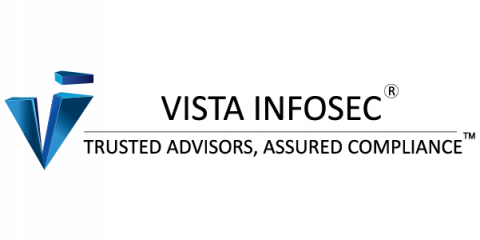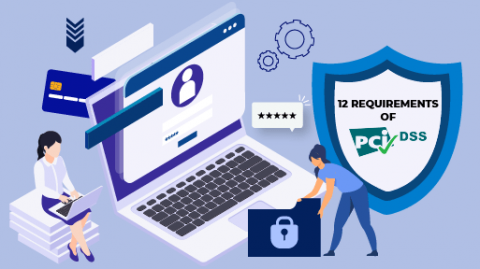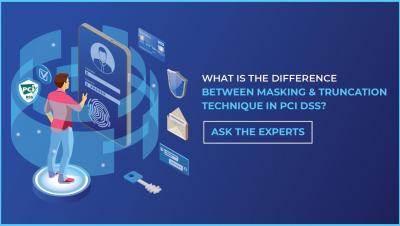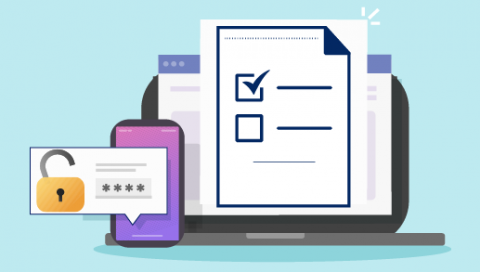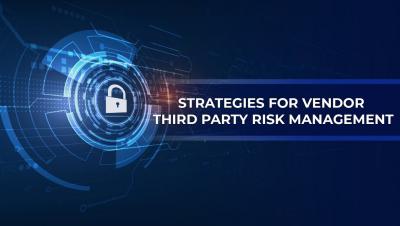Article 28 - General Data Protection Regulation Act
The General Data Protection Regulation Act (GDPR) requires Data Controllers to establish a written agreement with the Data Processor stating the terms and conditions for the data processing activity. So, before getting into a contract with the Data Processor, a Data Processing Agreement must be signed between both parties regarding the conduct of processing personal data.



